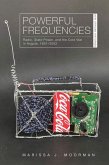
Broschiertes Buch
Radio, State Power, and the Cold War in Angola, 1931-2002
20. August 2019
Ohio University Press
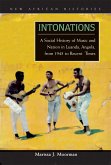
25,95 €
Sofort per Download lieferbar
Ähnliche Artikel

Broschiertes Buch
A Social History of the Kruger National Park
22. April 2020
Ohio University Press
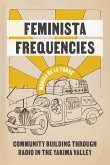
Broschiertes Buch
Community Building Through Radio in the Yakima Valley
5. April 2022
University of Washington Press

Broschiertes Buch
The Human and Nonhuman Creatures of Nigeria
17. Mai 2022
Ohio University Press

Broschiertes Buch
Housing and the Shape of Aspiration in the Capital of Mozambique
17. Juli 2019
Ohio University Press

Broschiertes Buch
Omar Badsha and the Struggle for Change in South Africa
8. Oktober 2024
Ohio University Press
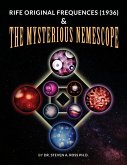
Broschiertes Buch
25. Juni 2022
Less Complicated, Inc.

Broschiertes Buch
African Soldiers, Conquest, and Everyday Colonialism in German East Africa
1. Juli 2014
Ohio University Press
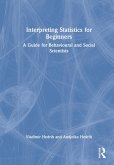
Gebundenes Buch
A Guide for Behavioural and Social Scientists
25. Februar 2022
Routledge / Taylor & Francis
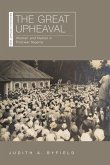
Broschiertes Buch
Women and Nation in Postwar Nigeria
4. Januar 2022
Ohio University Press
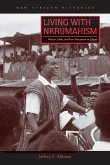
Broschiertes Buch
Nation, State, and Pan-Africanism in Ghana
16. Oktober 2017
Ohio University Press
Ähnlichkeitssuche: Fact®Finder von OMIKRON
